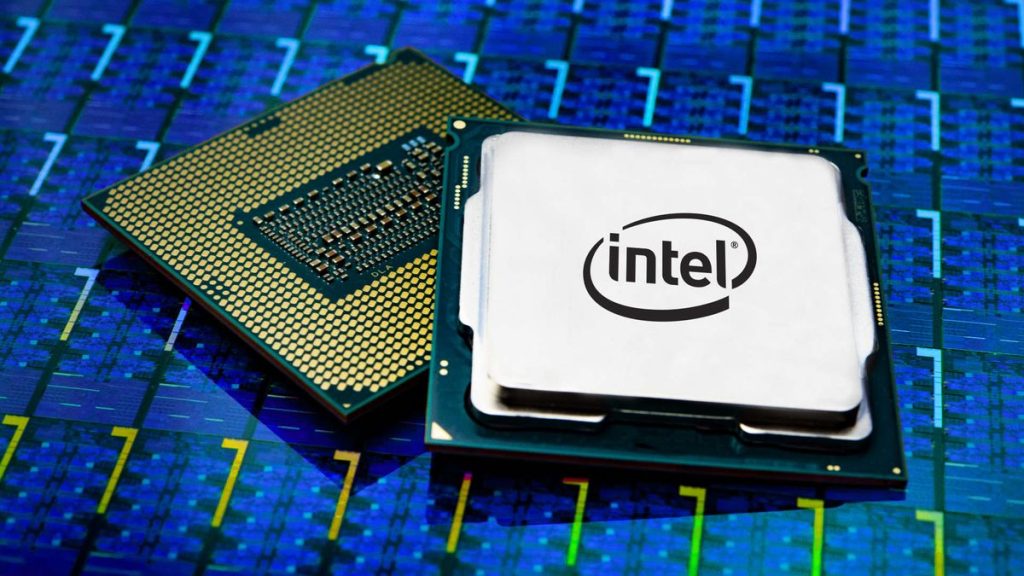Intel has secured up to $3.5 billion in federal grants to produce chips for the Pentagon under the Secure Enclave program, which is meant to bring production of leading-edge processors for military applications to the U.S. This sum will add to the $8.5 billion in grants and $11 billion in loans that Intel was awarded under the CHIPS & Science Act earlier this year. Keep in mind that the information is not official.
Intel is currently the only company in the U.S. that makes chips on leading-edge nodes. The company’s most advanced process technology — 18A — is set to enter mass production sometime in 2025, and at the time, it promises to be the most advanced manufacturing technology in the world. Since the U.S. military and intelligence needed their advanced chips to be made domestically, they invented the Secure Enclave program, and Intel was the clear frontrunner for this award. For Intel, the program spans multiple fabs and states, including a manufacturing facility in Arizona (which is where 18A-capable Fab 52 and Fab 62 are located).
The Secure Enclave program focuses on producing cutting-edge chips for defense and intelligence uses in the USA in secure environments, ideally in separate facilities that are isolated from the production of other components. Since building a separate cleanroom for military-grade chips is almost impossible to afford, given the costs of modern fabs, it looks like Intel opted for a different method to comply with the security requirements of the Ministry of Defence.
The deal was not secured without the challenges, and there was debate within Washington over whether it was wise to place so much reliance on one company. Additionally, funding disputes between various government agencies delayed the program’s progress. A key part of the debate was between the Pentagon and the Commerce Department. Initially, the Pentagon was supposed to contribute $2.5 billion of the funding for Secure Enclave, but it withdrew earlier this year. This left the Commerce Department to cover the full $3.5 billion through its Chips Act grant program.



